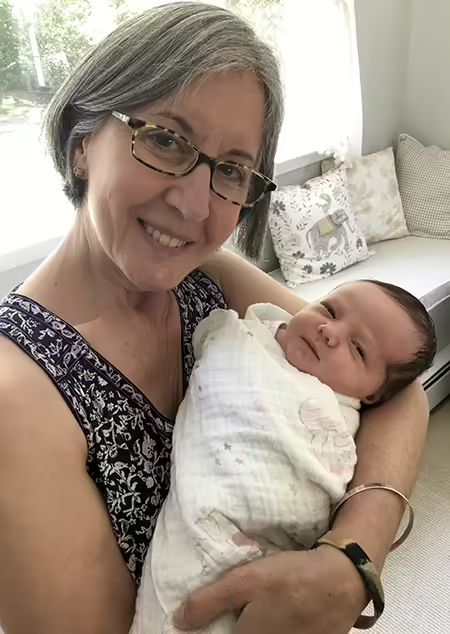How to Offer Support to Someone Grieving

It’s often surprising who steps up to offer support in grief. Sometimes, it’s a stranger, not the person you expected.
In moments of need, some may disappoint, while others will rise to the occasion, showing unexpected strength and compassion.
These grief tips are meant for you, offered with care and hope that you’ll receive them thoughtfully.
Speaking to Someone Experiencing Loss
If you’ve never experienced the loss of a child, count yourself fortunate. Imagining such a loss is difficult enough; experiencing it firsthand is unimaginable. I hope you never know this pain.
Picture yourself at a gathering where you’re mingling with unfamiliar faces. As the conversation unfolds, someone mentions their children. Suddenly, you hear the heartbreaking words: “I have two children, but one has passed away.” Remember, your response matters deeply.
What do you say? It’s normal to feel caught off guard, to sense the moment’s weight. You might feel a surge of awkwardness, an urge to change the subject. Your instinct might be to offer a standard “I’m sorry,” and that’s understandable. But if you can summon courage, compassion, and empathy, consider a different approach:
“I’m sorry to hear about your loss. If you feel comfortable, I’d be honored to hear more about your children.”
Remember, it is a gift to remember our losses out loud.
Now, onto a somewhat different scenario. Navigating conversations with someone in mourning is never easy. Finding the right words can feel like searching for a needle in a haystack. The truth is, no magic phrase will heal the bereaved person’s pain. When in doubt, a simple, heartfelt “I’m sorry for your pain” suffices, accompanied by a gentle touch or, better yet, a warm embrace—a real bear hug, if you please!
Unfortunately, you will occasionally find your mouth running ahead of your brain. Hastily spoken words that you feel are condolences can stir up trouble, leaving behind a wake of pain and confusion that’s impossible to retract. It takes courage to accept the misstep and offer the only fitting response: a sincere “I’m sorry.”
Here is what NOT to say:
- “He’s in a better place.” (Nope—being alive and well beside me is the best place.)
- “Heaven needed an angel.” (Nope—I need him/her here with me.)
- “Be brave.” (Nope—I need to feel this pain to find my way back to normalcy.)
- “God has a plan.” (Nope—Our plans mattered too.)

And I will add one more. You’d think by now I’ve heard every well-intentioned but ultimately misguided attempt at comfort. Well, I was mistaken in believing I’d heard it all. As you know, I lost my son 13 years ago. Eight years ago, I experienced the joy of becoming a grandmother when my daughter gave birth to the lovely Annabelle.
This sentence is what was said to me:
“You must be feeling better about the loss of your son now that you have a grandchild.”
I don’t mean to sound harsh. I understand that if you haven’t experienced the loss of a child, it might be difficult to grasp the depth of that pain. However, common sense should tell us that one child can never replace another. Each child brings their own unique joy and holds a special place in a parent’s or grandparent’s heart. Filling one void doesn’t erase the presence of another.
Looking back on that interaction, I realize I likely caused significant discomfort to the person who hoped that the birth of a grandchild had miraculously healed me. She didn’t understand that her comment triggered a flood of emotions. At that moment, I was overwhelmed by my loss, and tears filled my eyes. It happened unexpectedly, and instead of offering empathy and compassion, she quickly left.
The lesson to be learned here is to think before speaking. As much as we don’t want to imagine it, try putting yourself in the griever’s shoes.
I hope these “grief” tips will help you navigate the delicate journey of compassion when talking to someone experiencing loss.





